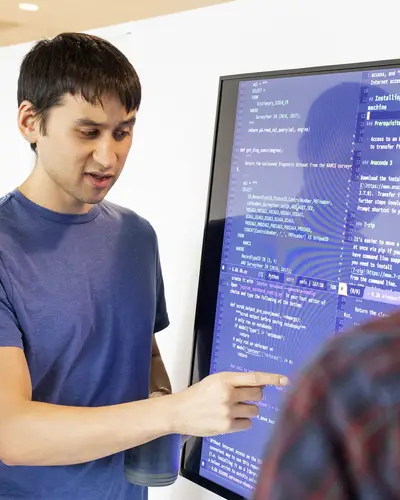Sandy Preiss
Research Data Scientist
MS, Analytics, Institute for Advanced Analytics at North Carolina State University
MA, International Studies, North Carolina State University
BA, Psychology, University of North Carolina at Chapel Hill








